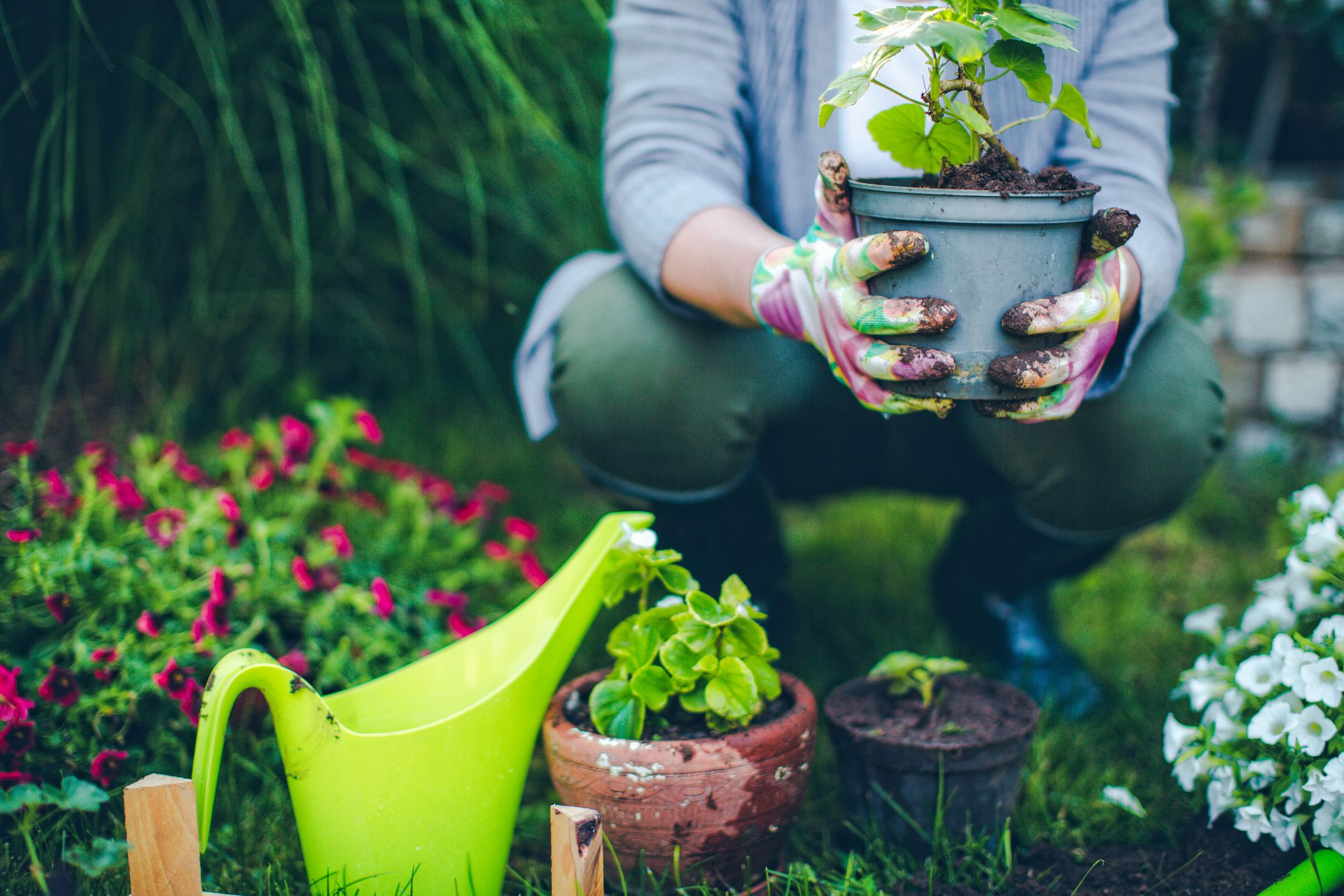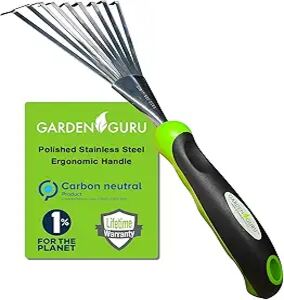Lasting Gardening Practices for an Eco-Friendly Garden
Lasting Gardening Practices for an Eco-Friendly Garden
Blog Article
Comprehending the Various Kinds Of Horticulture and Exactly How They Add to a Healthier Way Of Living and Environment

Advantages of Veggie Horticulture
Many individuals are progressively acknowledging the myriad advantages of veggie horticulture as a vital component of a healthier way of life. Participating in veggie horticulture supplies numerous physical health and wellness benefits, consisting of raised exercise, which improves cardiovascular health and wellness and promotes general health and fitness. The act of growing, weeding, and harvesting requires movement and can help fight inactive habits, adding to weight administration and enhanced muscle mass tone.
Additionally, growing one's own vegetables significantly enhances dietary quality. Domestic fruit and vegetables is commonly fresher and more nutrient-dense contrasted to store-bought choices, as it can be eaten quickly after harvest. This accessibility encourages a greater consumption of fruits and veggies, which are necessary for protecting against persistent illness.
Additionally, vegetable horticulture cultivates psychological wellness by providing a restorative electrical outlet for stress relief and relaxation. The act of having a tendency to plants can be introspective, enabling individuals to get in touch with nature and escape the stress of day-to-day live. Furthermore, the sustainable technique of expanding one's own food reduces dependence on commercial farming, adding to ecological conservation and advertising biodiversity. Jointly, these benefits emphasize the significance of veggie gardening as a foundation of a healthier way of life.
Checking Out Blossom Horticulture

In enhancement to aesthetic benefits, flower horticulture supports local environments. Many flowering plants bring in pollinators, such as bees and butterflies, which are crucial for preserving biodiversity. The existence of varied vegetation can also enhance soil wellness, as numerous plants add to vitamins and mineral biking and boost soil framework.
In addition, blossoms can play a considerable duty in promoting lasting practices. Numerous gardeners choose native or drought-resistant types, which require much less water and very little chemical inputs. This strategy not just profits the setting yet additionally encourages responsible gardening behaviors.
Ultimately, blossom horticulture works as a vital component of a holistic gardening approach. Gardening. By cultivating charm and sustaining regional environments, it balances with vegetable gardening and underscores the importance of nurturing both our physical and mental well-being via nature
Container Horticulture Advantages
Container gardening offers numerous benefits that make it an enticing choice for both beginner and skilled gardeners. Among the main advantages check my blog is its flexibility; containers can be put on patio areas, verandas, and even indoors, enabling horticulture precede with restricted ground access. This adaptability allows individuals in city atmospheres or those with tiny backyards to cultivate plants effectively.
In addition, container gardening gives improved control over dirt top quality and wetness degrees. Gardeners can select certain soil blends to optimize plant wellness and reduce issues like weeds and bugs. The movement of containers additionally enables simple relocation to make best use of sunlight direct exposure or safeguard plants from stormy weather condition.
Furthermore, container gardens can be cosmetically pleasing, providing a possibility for creativity in style. Gardening. They can work as ornamental aspects that enhance exterior or interior spaces while advertising biodiversity by attracting pollinators
Finally, container horticulture can add to a much healthier lifestyle by motivating physical task, as it typically entails lifting, growing, and keeping plants. On the whole, the advantages of container horticulture make it an accessible and satisfying technique for those seeking to improve their way of life and setting.
The Surge of Vertical Gardening
As metropolitan rooms come to be increasingly crowded, the trend of vertical gardening has removed, permitting people Read More Here to maximize their gardening potential in restricted areas. This ingenious technique entails expanding plants in upright frameworks, such as wall-mounted planters, trellises, or specialized upright garden systems. The appeal of vertical gardening lies not only in its effective usage of area yet additionally in its visual payment to urban environments, transforming bare wall surfaces into lush eco-friendly landscapes.
Upright gardens can be set up in homes, porches, and community rooms, providing a platform for growing a range of plants, consisting of natural herbs, vegetables, and ornamental flowers. This method encourages biodiversity and can enhance air quality by filtering pollutants while advertising a link to nature in densely populated areas. Additionally, vertical horticulture offers practical benefits, such as enhanced return per square foot, making it an attractive choice for city garden enthusiasts looking for to expand their very own food.

Sustainable Practices in Horticulture
Welcoming lasting practices in gardening is essential for advertising ecological health and making sure the viability of our natural resources. Sustainable gardening strategies concentrate his explanation on reducing ecological impact, preserving water, and promoting biodiversity. By carrying out techniques such as organic gardening, gardeners can minimize using artificial plant foods and chemicals, which can harm regional ecosystems.
Companion planting is another reliable lasting technique, where specific plants are grown together to boost development and prevent bugs naturally. Additionally, utilizing indigenous plants in landscape design supports local wild animals and calls for much less maintenance, as they are naturally adapted to the local environment and dirt conditions.
Water conservation strategies, such as rain harvesting and drip irrigation, aid to effectively handle water resources, hence lowering waste. Composting organic waste not just improves the dirt but additionally minimizes garbage dump contributions, advertising a circular economic situation.
Finally, practicing plant turning and cover cropping improves dirt health and lowers the danger of pest problems. By incorporating these sustainable techniques, garden enthusiasts can create durable communities that add to a much healthier lifestyle while guarding the atmosphere for future generations.
Verdict

In final thought, the diverse techniques of horticulture, consisting of vegetable, flower, container, and upright horticulture, jointly promote a healthier way of living and enhance environmental sustainability. Each kind provides unique advantages, from providing fresh fruit and vegetables and bring in pollinators to optimizing limited spaces and encouraging biodiversity. By promoting lasting methods, these horticulture approaches not just add to private health but also support wider environmental preservation initiatives, eventually minimizing dependence on business farming and boosting area strength.
Report this page